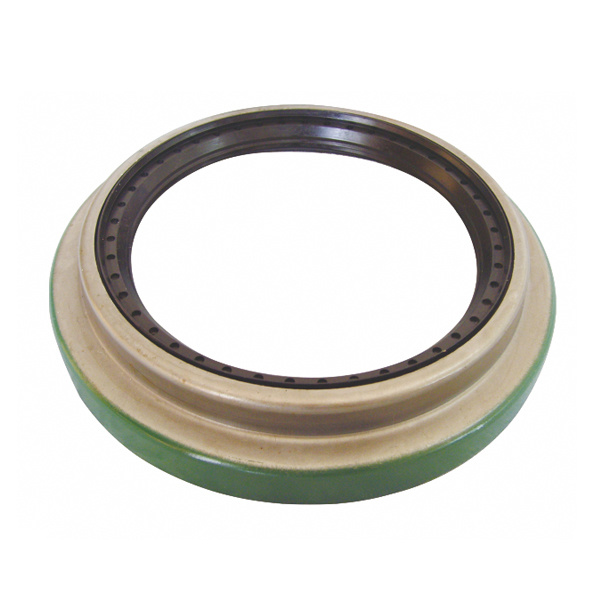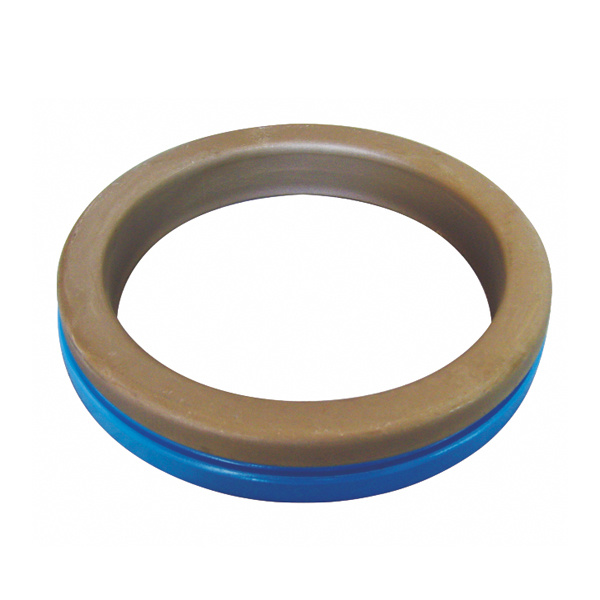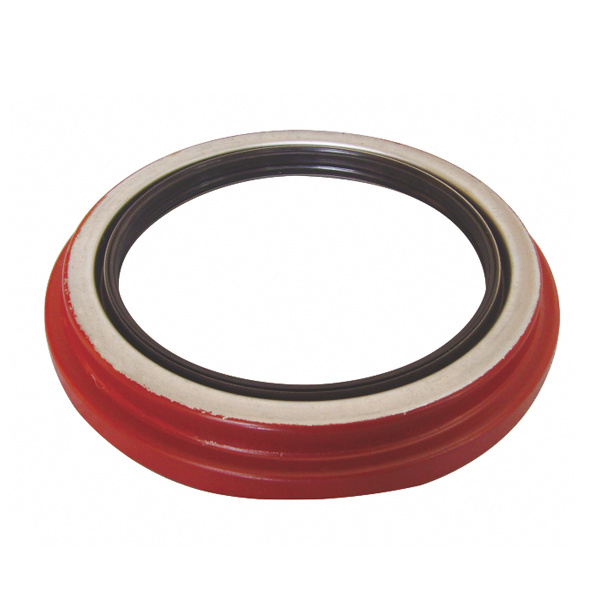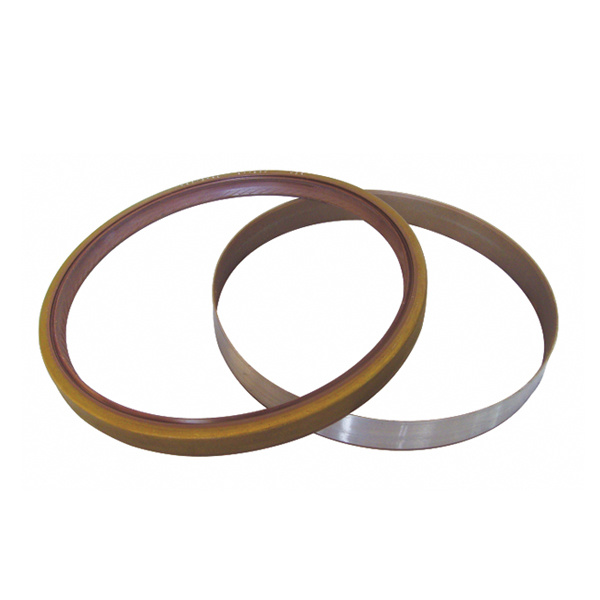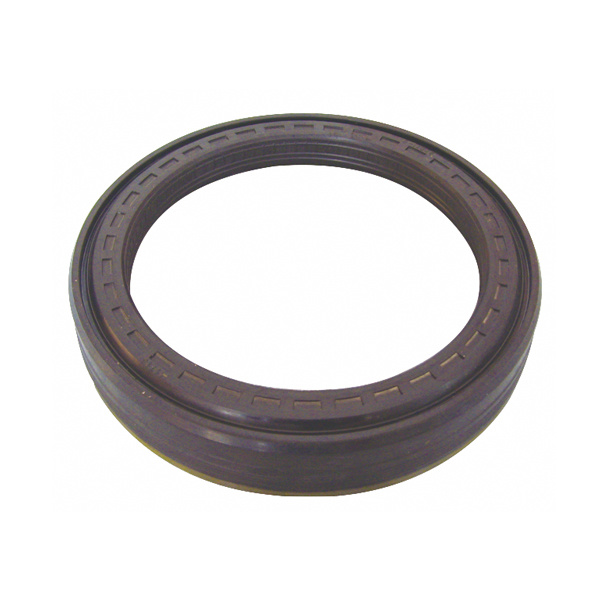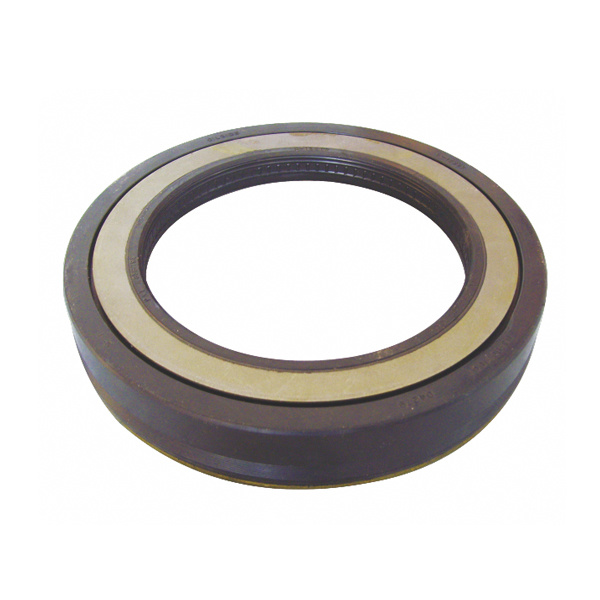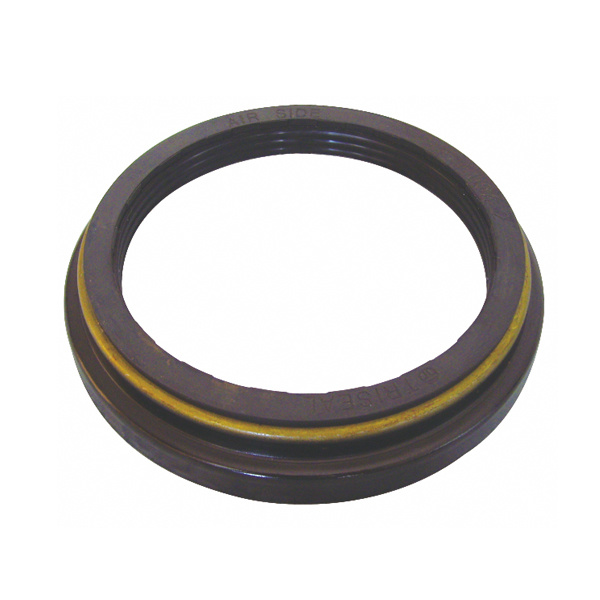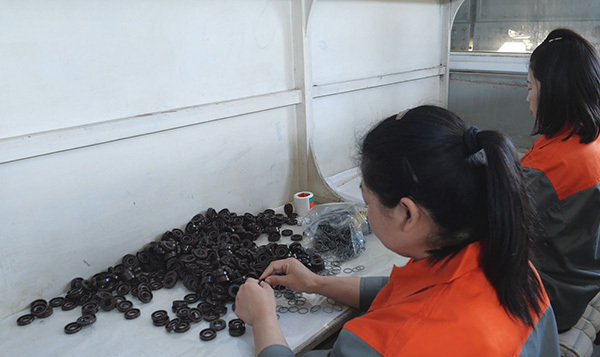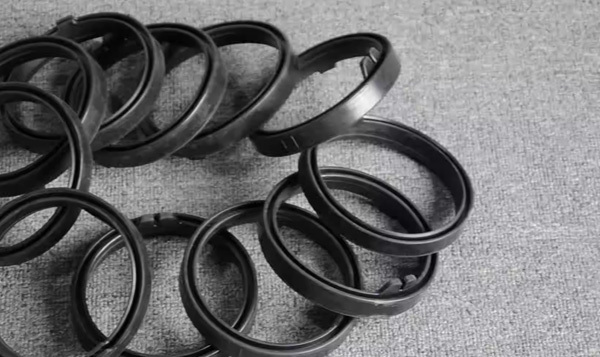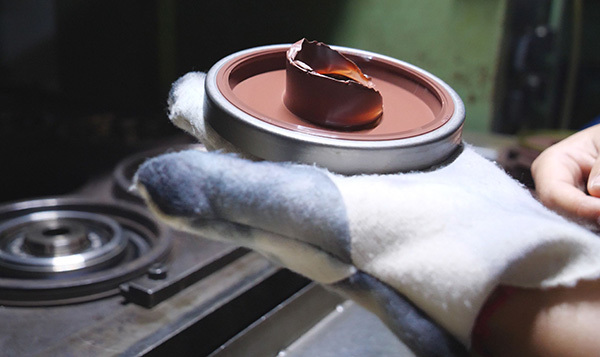Welcome To Know Our Products, We Can Offer You High Quality Products!
V Fabrice Oil Seal: The Unsung Hero of Your Engine's Efficiency
2025-07-22
V Fabrice Oil Seal: The Unsung Hero of Your Engine's Efficiency
In the intricate world of automotive engineering, every component plays a crucial role in ensuring that vehicles operate smoothly and efficiently. Among these components, the V Fabrice Oil Seal stands out as an essential yet often overlooked element that significantly impacts engine performance. In this article, we will explore the importance of oil seals, their functions, and how V Fabrice oil seals enhance the efficiency of your engine.
Table of Contents
- What is an Oil Seal?
- The Importance of Oil Seals in Engines
- Advantages of V Fabrice Oil Seals
- How Oil Seals Work
- Types of Oil Seals
- Common Issues with Oil Seals
- Maintenance Tips for Oil Seals
- Conclusion
What is an Oil Seal?
Oil seals, also known as radial lip seals, are mechanical devices designed to retain lubricants and exclude contaminants from entering the engine. They are critical components that prevent oil leaks, ensuring the engine operates efficiently. Typically made from rubber or synthetic materials, oil seals are strategically placed around rotating shafts to maintain the integrity of the lubrication system.
Functionality of Oil Seals
Oil seals function by creating a barrier that holds oil in while keeping dirt and debris out. This is achieved through a lip that presses against the rotating shaft, creating a tight seal. The effectiveness of this seal directly influences the longevity and performance of the engine.
The Importance of Oil Seals in Engines
Engine oil plays a vital role in lubricating various moving parts, reducing friction, and dissipating heat. However, if oil leaks occur due to damaged or worn seals, it can lead to severe engine problems. The importance of oil seals in engines cannot be overstated, as they are pivotal in:
Preventing Oil Leaks
Oil leaks can cause significant damage to an engine. They not only reduce the oil level but also create a mess that can lead to further mechanical failures. V Fabrice oil seals are engineered to provide a robust and durable solution against such leaks.
Ensuring Engine Efficiency
A well-sealed engine operates efficiently, with optimal lubrication and minimal friction. This leads to better fuel economy and overall performance. V Fabrice oil seals play a fundamental role in achieving these efficiencies.
Advantages of V Fabrice Oil Seals
When it comes to oil seals, quality matters. V Fabrice oil seals offer several advantages that set them apart from generic alternatives:
Durability and Longevity
V Fabrice oil seals are manufactured using high-quality materials that resist wear and tear. This durability ensures that they can withstand high temperatures and pressures, making them ideal for automotive applications.
Cost-Effectiveness
Investing in V Fabrice oil seals means fewer replacements over time. Their reliability translates to long-term savings, reducing the frequency of maintenance and repair costs.
Enhanced Performance
These oil seals are designed to provide superior sealing capabilities, which means they can maintain oil pressure more effectively, contributing to overall engine performance.
How Oil Seals Work
The operation of oil seals is straightforward yet effective. Here’s how they function:
The Sealing Mechanism
Oil seals have a lip that compresses against the rotating shaft. This compression creates a seal that prevents oil from leaking out. The design of the lip can vary, with some seals featuring multiple lips for added protection against contaminants.
Resistance to Contaminants
In addition to retaining oil, V Fabrice oil seals are designed to resist dirt and other contaminants that can enter the engine. This dual function is critical in maintaining engine cleanliness and performance.
Types of Oil Seals
Understanding the various types of oil seals can help in selecting the right one for specific applications. Common types include:
Radial Oil Seals
These are the most common type used in automotive engines. They are designed to work with rotating shafts and are capable of handling high pressures.
Axial Oil Seals
Used primarily in applications where the shaft moves axially, these seals prevent oil from leaking in the direction of the shaft’s movement.
Common Issues with Oil Seals
Despite their importance, oil seals can encounter issues that compromise their effectiveness. Recognizing these problems can help in timely maintenance:
Wear and Tear
Over time, exposure to heat, oil, and environmental factors can lead to deterioration. Regular checks can help identify when a seal needs replacement.
Improper Installation
A poorly installed oil seal can lead to leaks and performance issues. It’s essential to follow manufacturer guidelines during installation to ensure a proper fit.
Maintenance Tips for Oil Seals
Maintaining oil seals is crucial for optimal engine performance. Here are some practical tips:
Regular Inspections
Checking oil seals for signs of leakage or wear can prevent larger engine issues. Look for oil spots under the vehicle or around the engine compartment.
Follow Proper Installation Procedures
Ensure that oil seals are installed correctly, following manufacturer instructions. This includes using the right tools and techniques to avoid damaging the seals during installation.
Conclusion
In conclusion, V Fabrice oil seals are indeed the unsung heroes of your engine's efficiency. Their critical role in preventing oil leaks and ensuring optimal performance cannot be overstated. By investing in high-quality oil seals and practicing proper maintenance, you can enhance your engine's longevity and efficiency. Make sure to choose V Fabrice oil seals for a reliable, cost-effective solution that keeps your engine running smoothly for years to come.
FAQs
1. What are the signs of a failing oil seal?
Common signs include oil leaks under the vehicle, a drop in oil levels, and visible oil around the engine components.
2. How often should I check my oil seals?
It's advisable to inspect oil seals during regular oil changes or at least once a year for wear and tear.
3. Can I replace an oil seal myself?
Yes, but it requires the right tools and knowledge. Following manufacturer instructions is crucial for proper installation.
4. What materials are V Fabrice oil seals made from?
They are typically made from high-quality rubber or synthetic materials designed to withstand high temperatures and pressures.
5. How do oil seals contribute to engine performance?
By preventing oil leaks and maintaining optimal lubrication, oil seals reduce friction and wear, enhancing overall engine efficiency.
V fabrice oil seal
RELEVANT INFORMATION
How is the quality of rubber seals controlled?
2023-05-05
Analysis of possible production problems and causes of silicone O-rings
2023-05-05
Transportation and assembly of oil seals
2023-05-05


